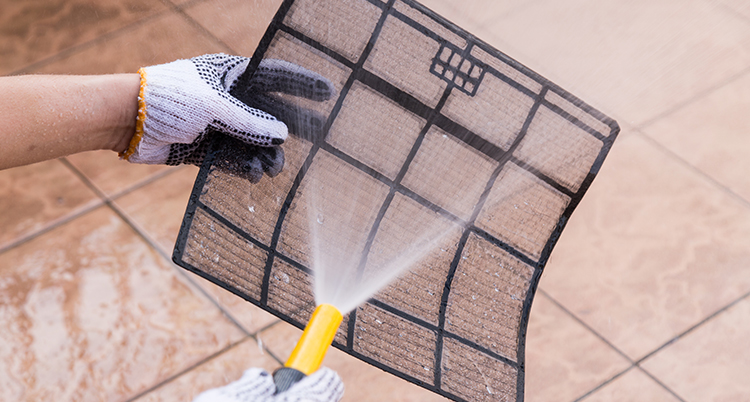When it comes to maintaining indoor air quality, the role of HVAC filters cannot be overemphasized. But how does an HVAC filter work? This question is fundamental for homeowners and business owners looking to keep their environments safe and comfortable.

What is an HVAC System?
An HVAC systemheating, ventilation, and air conditioning systemserves as the respiratory system for any building. It provides thermal comfort and acceptable indoor air quality. The filter plays a crucial part in this system, ensuring that the air circulating within a space is free from harmful particles.
Why Are HVAC Filters Important?
HVAC filters protect both the HVAC system and the people who occupy the building. They trap dust, pollen, spores, and other unwanted particles before these contaminants can circulate through the air. This is essential for maintaining not just the machinery but also your overall health.
Types of HVAC Filters
Fiberglass Filters
These are the most basic type, often found in residential settings. They are inexpensive but need frequent replacement.
Pleated Filters
Made from polyester or cotton, pleated filters are more efficient than fiberglass filters and capture smaller particles, which makes them suitable for homes with pets or allergy sufferers.
HEPA Filters
High-Efficiency Particulate Air (HEPA) filters are designed to capture even the smallest particles, making them ideal for environments that require a high level of cleanliness, such as hospitals.
How Does an HVAC Filter Work?
Mechanical Filtration
This is the most common type of filtration, where particles are trapped by filter medium made of fiber or material.
Electrostatic Filtration
In this method, static electricity is used to attract particles to the filter’s fibers. These are more effective at capturing smaller particles compared to mechanical filters.
Activated Carbon Filtration
This type of filtration is used primarily for odors and gaseous pollutants. Activated carbon filters are often found in commercial settings.
When to Change Your HVAC Filter
Frequency of changing HVAC filters depends on the type of filter and usage. Generally, it’s recommended to change standard filters every 1-3 months. For more specific guidelines on changing HVAC filters, you can visit this guide.
Common Signs Your HVAC Filter Needs Replacement
Look for these indicators:
- Increased dust accumulation in your space
- Higher energy bills
- Reduced airflow from HVAC vents
- Noticeable odor in the air
How to Replace Your HVAC Filter
Replacing an HVAC filter is a relatively simple task that most homeowners can perform themselves. If you need a step-by-step guide, you can follow this detailed tutorial.
Benefits of Regularly Changing HVAC Filters
Some key benefits include improved air quality, prolonged HVAC system lifespan, and reduced energy costs.
FAQs
What is the best HVAC filter for allergies?
HEPA filters are the best choice for those suffering from allergies as they capture even the smallest particles.
How often should I change my HVAC filter?
It is advisable to change your HVAC filter every 1-3 months, depending on the type of filter and usage.
months, depending on the type of filter and usage.
Can I clean and reuse my HVAC filter?
Some filters are washable and reusable, whereas others need to be replaced. Refer to your HVAC systems manual for detailed information.
In Conclusion
Understanding how does an HVAC filter work is crucial for maintaining a healthy indoor environment. Regular maintenance and timely filter changes can significantly enhance the quality of air you breathe. If you have any doubts or need professional advice, you might want to check out some resources like commercial duct cleaning or increasing poor indoor air quality.